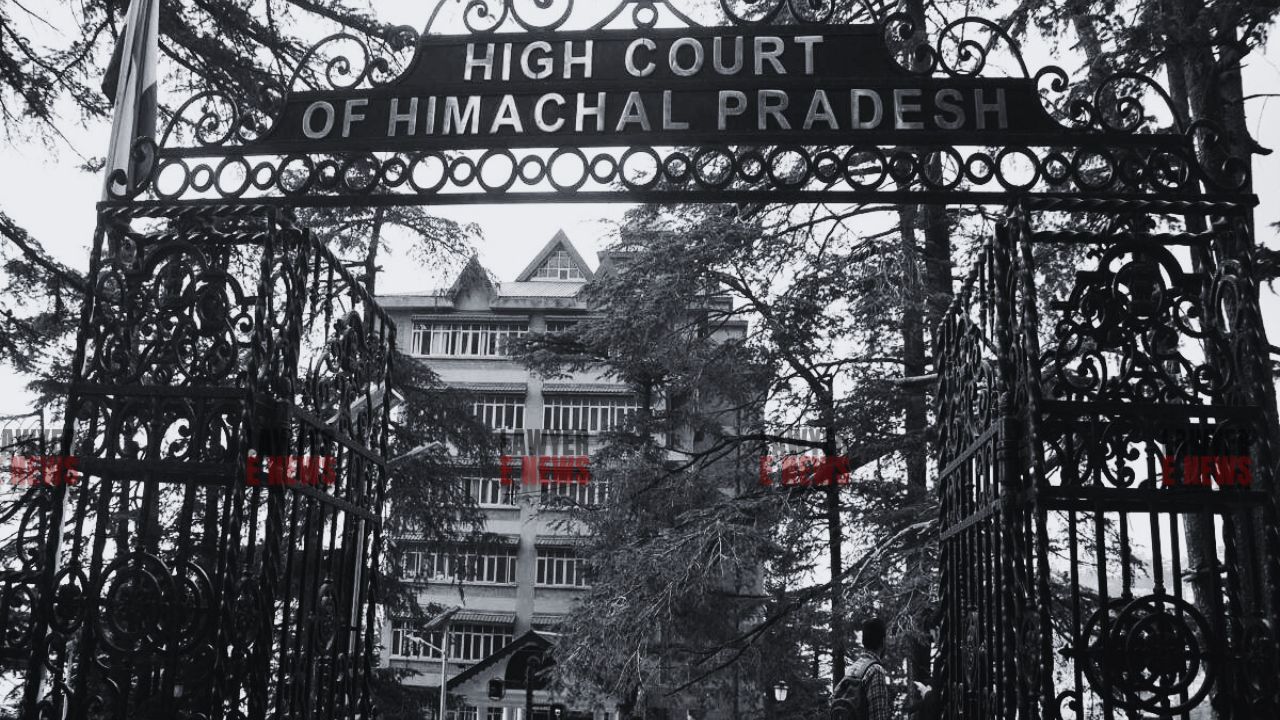-
by Admin
15 February 2026 2:36 AM



Himachal Pradesh High Court dismissing the tenants' appeal against the eviction order and upholding the imposition of use and occupation charges at ₹500 per day. The case involved the disputed tenancy of a property in Shimla, where the appellants claimed inheritance of tenancy rights under the Himachal Pradesh Urban Rent Control Act, 1987. The court affirmed that tenancy did not devolve on the appellants, thus entitling the respondents to possession and occupation charges.
The property in question, known as "Bhupender Bhawan," was initially leased to Baldev Raj Kochhar. Following his death in 1993, his son Rajesh Kochhar and widow Prakash Kochhar inherited the tenancy. However, after their deaths in 1997 and 2005, respectively, the respondents, representing a trust that owned the property, sought to reclaim possession. The appellants, heirs of Rajesh Kochhar, contended that the tenancy had passed to them and opposed the eviction, arguing that they had been regularly paying rent.
Whether the appellants, as heirs of the deceased tenant, could claim inheritance of tenancy under Section 2(j) of the Himachal Pradesh Urban Rent Control Act.
Whether the civil court had jurisdiction over the dispute, or if it was solely within the purview of the Rent Control Act.
The entitlement of the respondents to use and occupation charges.
The court held that under the Himachal Pradesh Urban Rent Control Act, tenancy rights could not devolve beyond the spouse and children of the deceased tenant. Since both Rajesh and Prakash Kochhar had passed away, the appellants could not inherit the tenancy. The court also dismissed the argument that the appellants’ continued rent payments constituted a valid tenancy, citing that mere payment of rent does not create tenancy rights.
The court affirmed that the appellants were illegal occupants of the property following the termination of tenancy and were liable to pay use and occupation charges of ₹500 per day from the date of termination until the handover of possession. The court stated:
“One does not become a tenant by mere payment of rent… The appellants are illegal occupants, and the respondents are entitled to use and occupation charges till possession is delivered."
Moreover, the appellants’ challenge to the trial court’s pecuniary jurisdiction was rejected. The court concluded that the property was accurately valued, and the trial court had jurisdiction over the matter.
The High Court dismissed the appeal and allowed the cross-objections filed by the respondents, granting them use and occupation charges at ₹500 per day. This decision further clarified the scope of tenancy rights under the Himachal Pradesh Urban Rent Control Act, emphasizing that such rights cannot be inherited beyond the immediate family of the original tenant.
Date of Decision: September 30, 2024
Kiran Kochhar & Ors. vs. Mohit Gupta & Anr.
